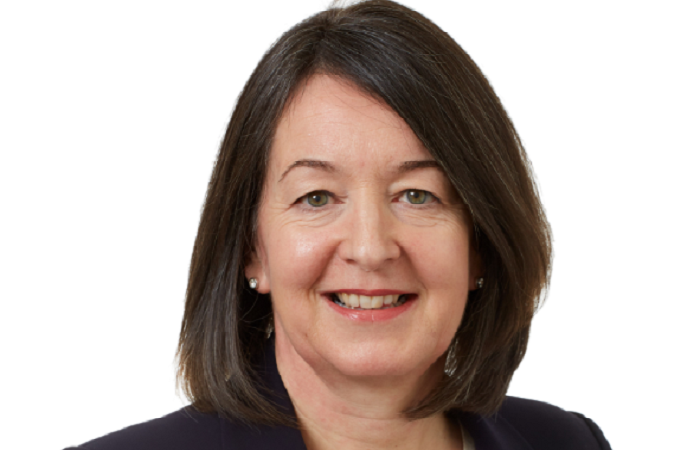
At Baker McKenzie, we believe that having a more ethnically and culturally diverse firm is integral to how we practice and deliver relevant client service. We want our firm to be diverse at all levels and across all strands of diversity, including ethnically and culturally, so that it better reflects the society we live and work in. That is why, this year, as part of our gender pay gap report we published our ethnicity pay gap, together with a range of practical measures, including introducing ethnicity workforce targets in London, to ensure better ethnic minority representation across our business and at senior levels. We are working towards achieving, or maintaining, as a minimum, 14% black, Asian and minority ethnic (Bame) representation through all levels, with a specific focus on partnership and senior leadership levels.
This is a positive step for the firm and the legal profession more generally. We see these targets building on our ongoing initiatives and commitment as a firm to recognise and celebrate the talent of our diverse workforce and to ensure greater pull-through rates of ethnic minority colleagues at the top levels of the firm.
Our focus has now shifted to ensuring our organisational structures are designed to support the diversity of our pipeline of talent. We monitor our pipeline closely and have introduced initiatives such as the Colour Brave campaign, which aims to engage people and ensure that they are confident talking about matters of race and ethnicity. We also have a focus on individual support and accountability through a combination of informal learning, mentoring circles and sponsorship, which, over time, will support our organisational change. As one of the first signatories to the Race at Work Charter, we are also ensuring our plans are aligned to the government’s good practice recommendations.
Our mantra is to be brave, be honest and be prepared as an organisation to be comfortable with feeling uncomfortable. It is only then that we can fully understand the challenges we face and make organisational changes to ensure that we are a fully inclusive organisation, and that this is understood and supported at all levels: from new recruits through to partners and senior management.
Sarah Gregory is inclusion and diversity partner at Baker McKenzie